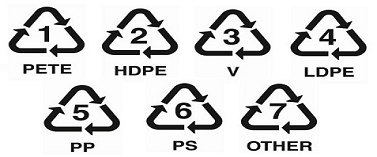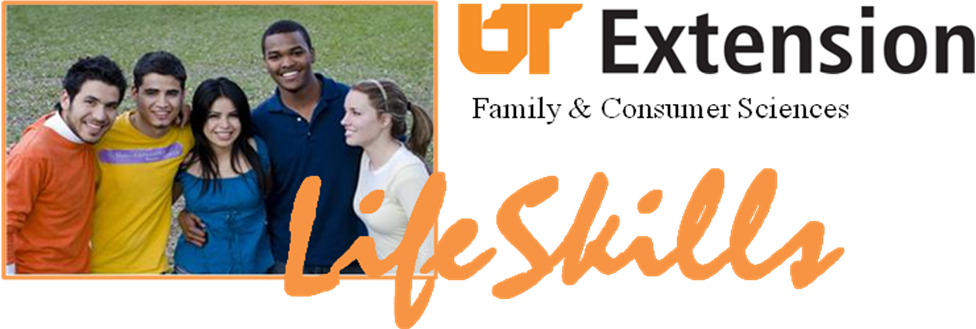Environmental Health & Housing: Team Activity
"Reduce Reuse Recycle"
Lifeskill:
- Responsible citizenship - managing resources and reducing waste
- Environmental stewardship - protecting the environment
Overview:
Youth will participate as a team. Each team will be presented with a scenario describing a community and the options available for solid waste disposal. "Items" will be given to the team which must then make the best decisions based on available resources for reduce, reuse, recycle, compost, etc..
Objective:
Participants will learn the best practices for solid waste reduction
Resources:
http://www.epa.gov/epawaste/conserve/rrrhttp://www.epa.gov/osw/wycd/downloads/consumer.pdf
http://economics.ag.utk.edu/extension/pubs/sp508k.pdf
Time Allowed:
This station should be completed within 5 minutes
Scoring:
Maximum score will be 50 points. The scoring will be based on the number of correct actions. (Each scenario will contain specific scoring details, based on the situation.) Each correctly sorted piece of trash is worth 2 points. The maximum number of points is 40. After the team completes the sorting activity, they will read and answer the question in the bottom of the bucket. Scoring is from 0 to 10. While there's a "correct" answer, it's also subjective. Points will be awarded for how well they articulate their answer. For example, more information demonstrating a higher knowledge level adds extra points. This may also be used as a tie breaker. "(each scenario will contian specific scoring details...)"
Specialist:
Martha W. Keel
Professor, & Extension
Housing and Environmental Health Specialist
218 Morgan Hall
Knoxville, TN 37996-4501
Phone: 865-974-8197
Fax: 865-974-5370
E-mail: mkeel@utk.edu
Source Reduction:
Any activity that reduces waste before it can be generated - at the source. Source reduction involves reducing both the amount and the toxicity, or harmful ingredients, of what we throw away. Such as:
- Make products last longer
- Cut down on product packaging
- Substitute nontoxic or less toxic products for those containing potentially harmful ingredients
- Buy durable products and repair items that can be fixed
- Borrow or rent things you don't use very often
- Buy reusable products and avoid disposables
Reduce:
- Avoid disposables
- Reuse bags, containers, paper, boxes and other items
- Choose products with the least amount of packaging materials
- Buy in bulk quantities
- Buy in natural packages (oranges, nuts)
Reuse:
- Purchase reusable products
- Donate to and shop at secondhand stores
- Use cloth grocery bags
Recycle:
- Remake products from waste materials
-
 Look for symbol - three arrows mean collect, remake, reuse
Look for symbol - three arrows mean collect, remake, reuse - Choose products that have symbol and labeled either Made of Recyclable Materials or Made of Recycled Materials
-
 Recycle plastic according to its type.
Recycle plastic according to its type. - Know common materials that can be recycled such as; glass, aluminum, tin-plated steel cans, paper, plastic, used motor oil, yard waste
- Know how these products are usually recycled
Compost:
- Understand that composting is a process by which plant material is returned to the soil, enriching and improving the consistency of the soil while reducing the amount of solid waste requiring disposal
Recycle Programs:
Know the difference between source-separation recycling and single-stream recycling.- Source-Separation - each type of material is sorted by the consumer into separate bins.
- Single-stream - materials are collected all mingled together with no sorting required by individuals.
Study Hint: Go to the web and search different communities throughout Tennessee to determine what recycling programs exist and have the 4-Hers determine how to best recycle various products. This information can be found searching by city, county, or even particular waste management companies.
Back to LifeSkills


